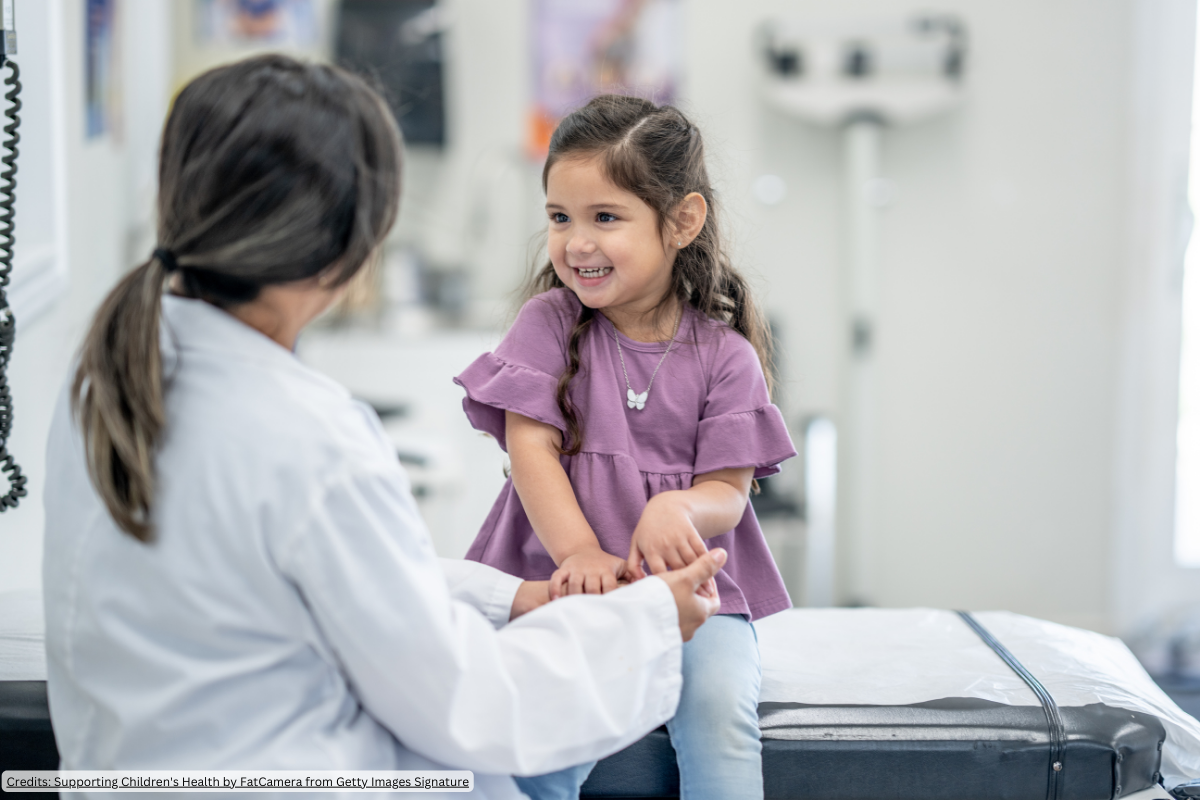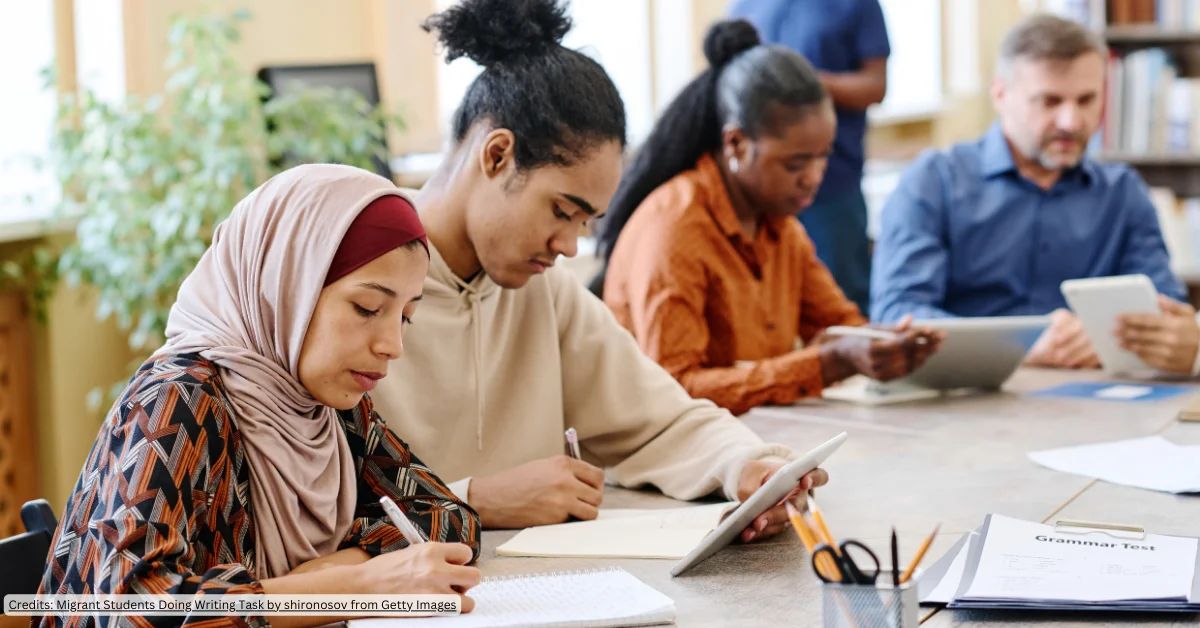An emerging narrative typifying COVID-19 as a “western Sydney problem” is undermining the pressing need for collaborative action to solve the evolving crisis in NSW, according to community organisation and social business, Settlement Services International.
Rhetoric in the last 48 hours has drawn a link between the increase in COVID-19 cases in south-west Sydney and the culturally and linguistically diverse (CALD) demographics of these areas. SSI – which works extensively with migrant and refugee communities and its member migrant resource centres – has seen high rates of compliance with COVID-19 safety protocols and a strong desire for information and engagement on this critical issue, said SSI CEO Violet Roumeliotis.
“Eighteen months into the pandemic, we are yet to see evidence that culture and linguistic diversity is a risk factor for non-compliance with COVID-19 protocols. Right across the country, Australians are trying to do the right thing with the information they have,” Roumeliotis said.
“COVID-19 isn’t a ‘western Sydney’ or CALD problem; it is a global problem that affects all Australians, and we all have a part to play in solving this crisis – from our politicians and police force, to everyday community members following stay-at-home orders and safety protocols,” she said.
During the height of the pandemic in 2020, a pulse survey SSI conducted in south-west Sydney showed peer-to-peer engagement and education was key to successful health messaging and behaviour change.
“It’s not so much the content, but rather the delivery of the information that is key. Community leaders are a vital asset and ambassadors for peer-to-peer communication to keep newcomers and other diverse communities safe and aware,” Roumeliotis said.
Last year, SSI established one of the first online community portals for CALD communities in anticipation of the need for plain, easy-to-understand information on COVID-19, vaccinations and the various testing, tracing and compliance protocols.
“Since then, our governments have invested in translated resources and tailored campaigns, and we can see they understand that a one-size-fits-all approach will not help us to defeat this virus,” said Roumeliotis.
“But more can be done to filter that information down at a grassroots level. We need to engage community leaders and trusted organisations that are already working in community.”
A good example of this is a pop-up vaccination hub NSW Health recently ran out of a western-Sydney SSI office. SSI initiated the collaboration as a means of increasing confidence in the vaccination in CALD communities and activating eligible individuals to protect themselves and their families.
“The high demand we had for this service shows the need for innovative solutions that create safe pathways to health services and information.
“We need to meet people where they are. We need nurses and doctors in these communities, vaccinating, and we need our political and civic leadership engaging community leaders and organisations to provide clear information in the forums community members are already accessing,” said Roumeliotis.
Paulo Rizal is a content producer for Third Sector news. He has working experience in journalism, SEO, and social media marketing.
- Paulo Rizalhttps://thirdsector.com.au/author/paulo-rizalakolade-co/
- Paulo Rizalhttps://thirdsector.com.au/author/paulo-rizalakolade-co/
- Paulo Rizalhttps://thirdsector.com.au/author/paulo-rizalakolade-co/
- Paulo Rizalhttps://thirdsector.com.au/author/paulo-rizalakolade-co/











